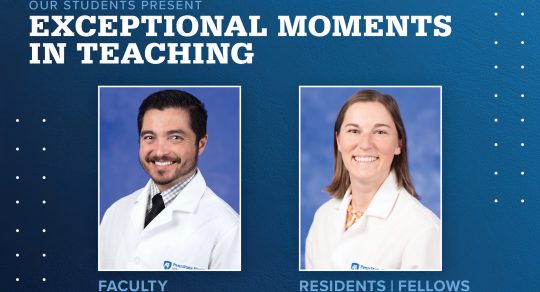
Departments
Urology
The Department of Urology provides outstanding clinical care to patients, offers premier educational programs that will train and develop the next generation of exceptional urologists, and generates innovative and progressive research that contributes to advancements in this field.
From the Chair

From the Chair
“Our faculty are devoted to high-quality patient care, wide-ranging research and exceptional education. We are always striving to further enhance our regional and national reputation.”
Jay Raman, MD
Chair
Who We Are and What We Do
Partnerships
Our collaborations with the and the highlight our commitment to bench-to-bedside research.



